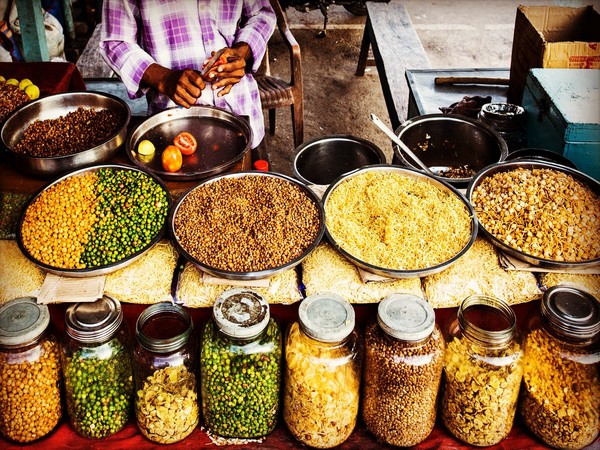India Extends Duty-Free Yellow Pea Imports to Counter Soaring Pulse Prices
India has extended duty-free imports of yellow peas until December 2024, as part of efforts to stabilize pulse prices. Despite increased domestic production, the country continues to rely heavily on imports due to rising demand for protein-rich diets.

- Country:
- India
In a recent notification, India's Directorate General of Foreign Trade (DGFT) announced the extension of duty-free imports of yellow peas by another two months, extending the timeline to December 2024. This decision follows the central government's earlier announcements, which moved the duty-free period from March 2024 to June, and later to October.
The duty on yellow peas, initially set at 50 percent in November 2017, has been a significant factor in the import scenario. India, a major consumer and producer of pulses, imports yellow peas mainly from Canada and Russia to meet its consumption needs.
India's appetite for protein-rich diets has driven an increase in pulse consumption, but domestic production hasn't kept up with the demand. While production rose to 24.5 million tonnes in 2023-24 from 16.3 million tonnes in 2015-16, the demand has surged to 27 million tonnes. This gap has led to a substantial increase in imports, which nearly doubled to USD 3.74 billion in 2023-24.
Despite multiple government initiatives to achieve self-sufficiency in pulses, including farmer incentives, imports have continued to rise. The import volume was estimated at 47 lakh tonnes in 2023-24, with shipments from countries like Myanmar, Australia, Russia, Canada, and several African nations.
India primarily consumes various pulses such as chana, masur, urad, Kabuli chana, and tur. Despite being a leading producer globally, the nation's internal production struggles to meet the escalating demand, making imports essential to bridge the gap. (ANI)
(With inputs from agencies.)










